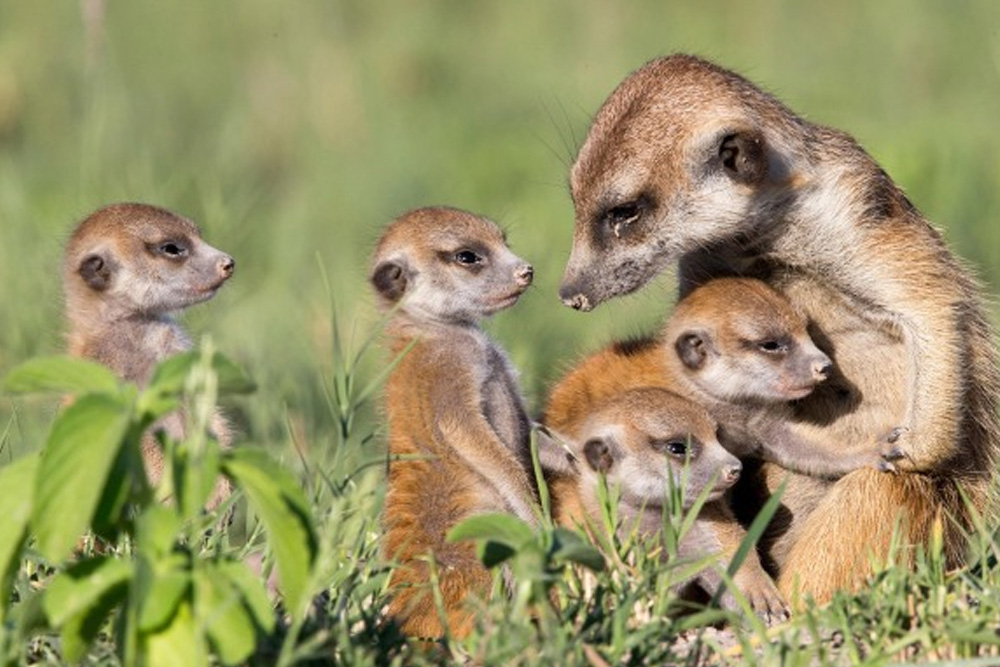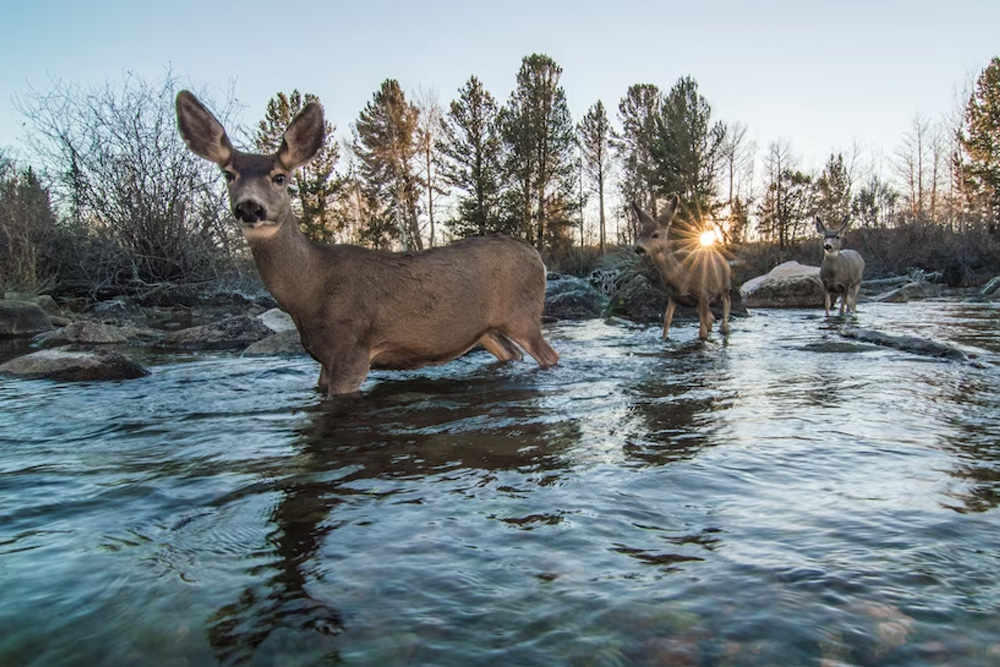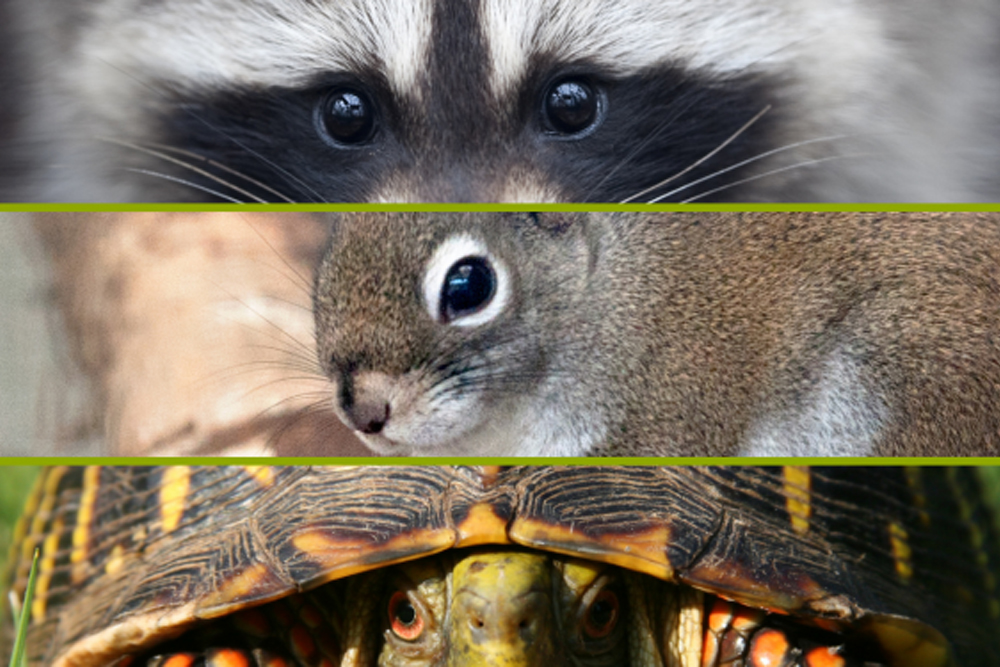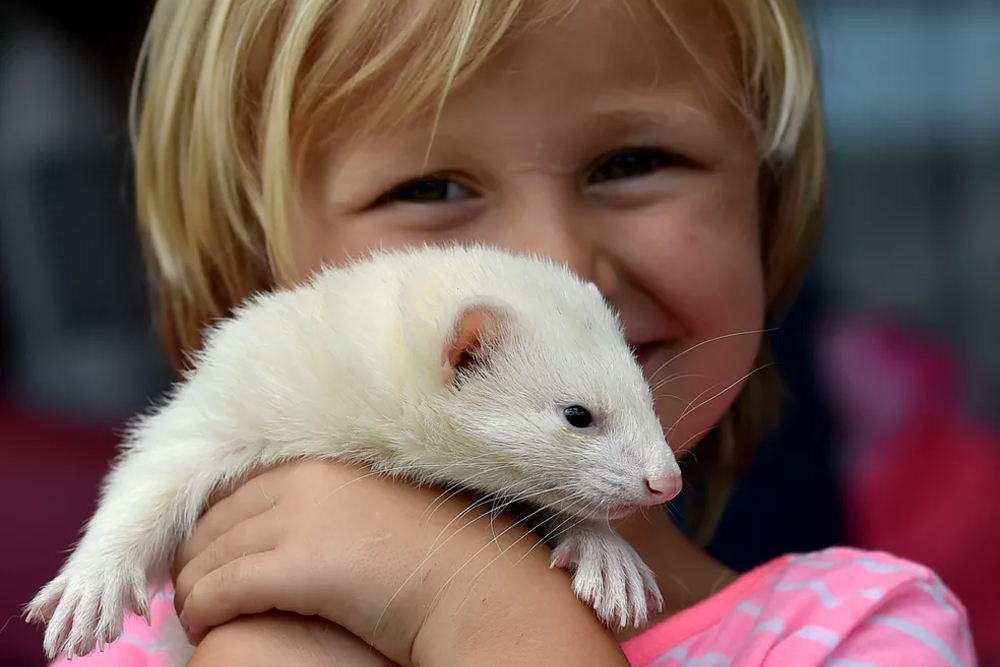The Psychology of Wild Animal Behavior: What We Can Learn from Studying Them

The study of wild animal behavior can provide valuable insights into the psychology of animals and their interactions with their environment. By observing and analyzing the behavior of animals in their natural habitats, researchers can gain a better understanding of how animals think, communicate, and interact with one another.
One key area of research in this field is the study of animal cognition. By studying the cognitive abilities of wild animals, such as their ability to solve problems and learn from experience, researchers can gain a better understanding of how animals perceive and interact with their environment. This knowledge can help us to better understand the behavior of animals in captivity and to develop more effective conservation strategies.
Related articles
1- Treat Your Pet Like Family: 10 Fun Activities to Do Together
2- Keep Your Pet Healthy and Happy with Regular Veterinary Check-ups
3- How to Keep Your Pets Mind Sharp with Unique Games and Foods!
4- From Fat to Fit: Home Exercises for Your Obese Pet
Another important area of research is the study of animal social behavior. By observing the interactions between animals in social groups, researchers can learn about the complex social dynamics that exist within animal populations. This knowledge can help us to better understand the behavior of animals in captivity and to develop more effective conservation strategies.
Overall, the study of wild animal behavior can provide valuable insights into the psychology of animals and their interactions with their environment. By continuing to study and learn from these fascinating creatures, we can gain a deeper understanding of the natural world and our place within it.
In addition to studying animal cognition and social behavior, researchers are also exploring other aspects of wild animal behavior. For example, a recent study has developed a framework to test disgust and its associated disease avoidance behaviors across various animal species, social systems, and habitats. Over 30 species have been predicted to exhibit disease avoidance strategies in the wild¹.
Another interesting area of research is the study of how animals interact with humans. In scenarios where humans vary in their behavior, wild animals would be expected to benefit from the ability to discriminate between dangerous, neutral and rewarding people. Additionally, individual differences in cognitive and behavioral phenotypes and past experiences with humans may affect animals’ ability to exploit human-dominated environments³.
These are just a few examples of the fascinating research being conducted on the psychology of wild animal behavior. By continuing to study these complex creatures, we can learn more about their behavior and how it is shaped by their environment.
Here are some statistics and facts about wild animal behavior:
- A wide variety of wildlife is used in research, including mammals, birds, reptiles, fishes, amphibians and invertebrates. Wildlife studies vary in their invasiveness and impact on the animals being studied¹.
- Approximately 30,000 species per year — about three per hour — are being driven to extinction. Approximately 80 percent of the decline in global biological diversity is caused by habitat destruction. Wildlife habitat in the world is being destroyed at a rate of approximately 5,760 acres per day or 240 acres per hour³.
Wildlife is used in research for a variety of purposes. Some studies aim to understand species behavior and ecology, while others focus on species conservation, population management, evaluating methodologies for control, or understanding the role of wildlife in disease transmission.
Wildlife research can be conducted with free-living animals in their natural habitat or with wild-caught animals in various captive settings such as laboratories, zoos, aquariums or sanctuaries. Rarely, wildlife species are purpose-bred under laboratory conditions similar to those used for animal models. Animals should not be taken from their natural habitat unless animals bred in captivity are unavailable or unsuitable for the scientific purpose. Taking animals from the wild for scientific purposes is regulated by legislation.
In all circumstances, researchers should seek to minimize any negative impact on the welfare of animals involved. Good animal welfare practice for wildlife research is characterized by the same features as laboratory-based research; however, different approaches and procedures may be needed for wild animals compared with laboratory-bred animals.
If you’re interested in learning more about wild animal behavior and how it is studied, there are many resources available. You can start by reading books and articles on the subject, or by taking courses in animal behavior or wildlife biology. Many universities and colleges offer programs in these fields.
Another way to learn more about wild animal behavior is to get involved with local conservation organizations or wildlife rehabilitation centers. These organizations often offer educational programs and volunteer opportunities that can provide hands-on experience with wild animals.
Here are some tips that can help each person learn more about wild animal behavior:
- Observe animals in their natural habitat: Take a walk in a local park or nature reserve and observe the animals you see. Pay attention to their behavior and try to understand why they are behaving in a certain way.
- Keep a nature journal: Record your observations of wild animals in a journal. This can help you remember what you’ve seen and learn more about animal behavior over time.
- Participate in citizen science projects: Many organizations offer citizen science projects that allow people to contribute to scientific research on wild animals. These projects can be a great way to learn more about animal behavior while also helping scientists gather valuable data.
- Attend talks and lectures: Look for talks and lectures on wild animal behavior at local universities, museums, or nature centers. These events can be a great way to learn from experts in the field.
In conclusion, the study of wild animal behavior can provide valuable insights into the psychology of animals and their interactions with their environment. By observing and analyzing the behavior of animals in their natural habitats, researchers can gain a better understanding of how animals think, communicate, and interact with one another. This knowledge can help us to better understand the behavior of animals in captivity and to develop more effective conservation strategies. By continuing to study and learn from these fascinating creatures, we can gain a deeper understanding of the natural world and our place within it.
Sobre o Autor




0 Comentários